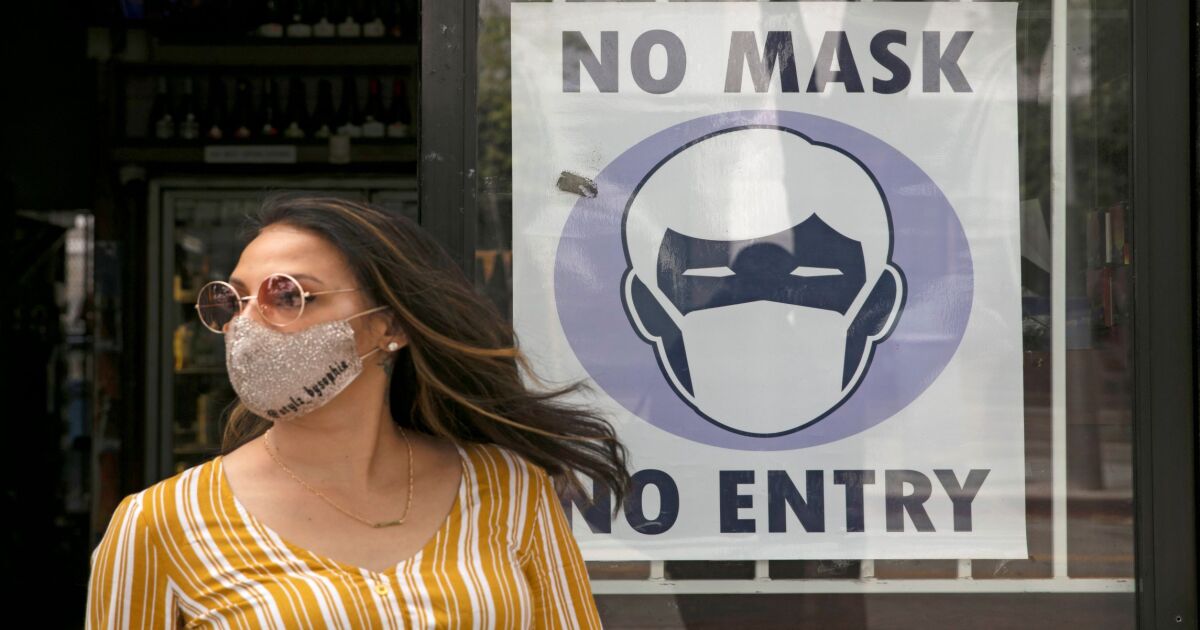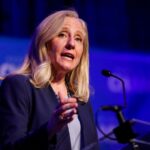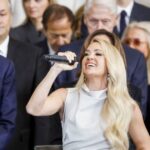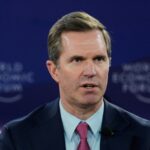

As COVID-19, the flu, and an illness called respiratory syncytial virus spread heading into the holidays, some cities and states are considering the return of the indoor mask mandate.
The concept of mandatory masking has grown explosively controversial in the two years since some jurisdictions began dropping their requirements, even as others did not. The result was a bitter public debate about whether masks effectively slowed the spread of COVID-19, with both sides claiming science backed their view.
Now, the reinstatement of mandates long ago dropped could reignite the conversation around masks.
COURT SIDES WITH RELIGIOUS DOCTORS ON BIDEN’S TRANSGENDER SURGERY MANDATE
In Los Angeles County, health officials have warned that the return of the indoor mask mandate could come soon if transmission levels do not fall in the next two weeks.
“Universal indoor masking would only go into effect if we’ve had two weeks, consecutive weeks of remaining at that high level for both thresholds with the hospital metrics,” LA County Public Health Director Barbara Ferrer said this week.
She was referring to two lines the county had drawn to determine when, if crossed, the indoor mask mandate would return: the number of COVID-19 hospitalizations and the percentage of hospital beds occupied by COVID-19 patients.
In New York, the state Health and Education departments sent a joint letter to school districts this week recommending their students wear masks in the classroom.
The New York officials noted that cases of the flu and RSV had risen significantly in recent weeks and put some children in the hospital.
But some local superintendents immediately rejected the guidance from the state.
“We are not moving toward mandatory masking. That is not going to happen in Niagara Falls,” said Niagara Falls City School District Superintendent Mark Laurrie this week.
In some cases, mask mandates may return only for certain types of settings.
Officials in Alameda County, California — a county in the Bay Area — reimposed an indoor mask mandate on Friday for jails, homeless shelters, and long-term care facilities as the region climbed into a higher tier of transmission levels under the tier system set by the Centers for Disease Control and Prevention.
Masks are still a reality in some workplaces as well.
An Ipsos poll published this week found 14% of people said their employer made them wear masks to work.
The same survey found that 30% said they still wear a mask at least part of the time.
Some public health officials have begun to discuss the possibility of using masks to protect against other diseases, including the fast-spreading RSV.
“If you have these other things circulating as well, and you want to protect yourself against other respiratory diseases, then the mask will help you,” CDC Director Rochelle Wallensky said this week in an interview with the Washington Post.
RSV cases, which tend to be more serious for young children and infants, have led to bipartisan concerns on Capitol Hill.
CLICK HERE TO READ MORE FROM THE WASHINGTON EXAMINER
Sen. Rick Scott (R-FL), for instance, wrote a letter to the Department of Health and Human Services on Friday demanding information on what HHS is doing to address the problem.
But even with the increased concerns about RSV, indoor mask mandates are not likely to be widespread.
The popularity of public health orders has dropped dramatically over the past year; Democrats, for example, agreed to repeal the military’s vaccine mandate roughly a year after aggressively backing it.







